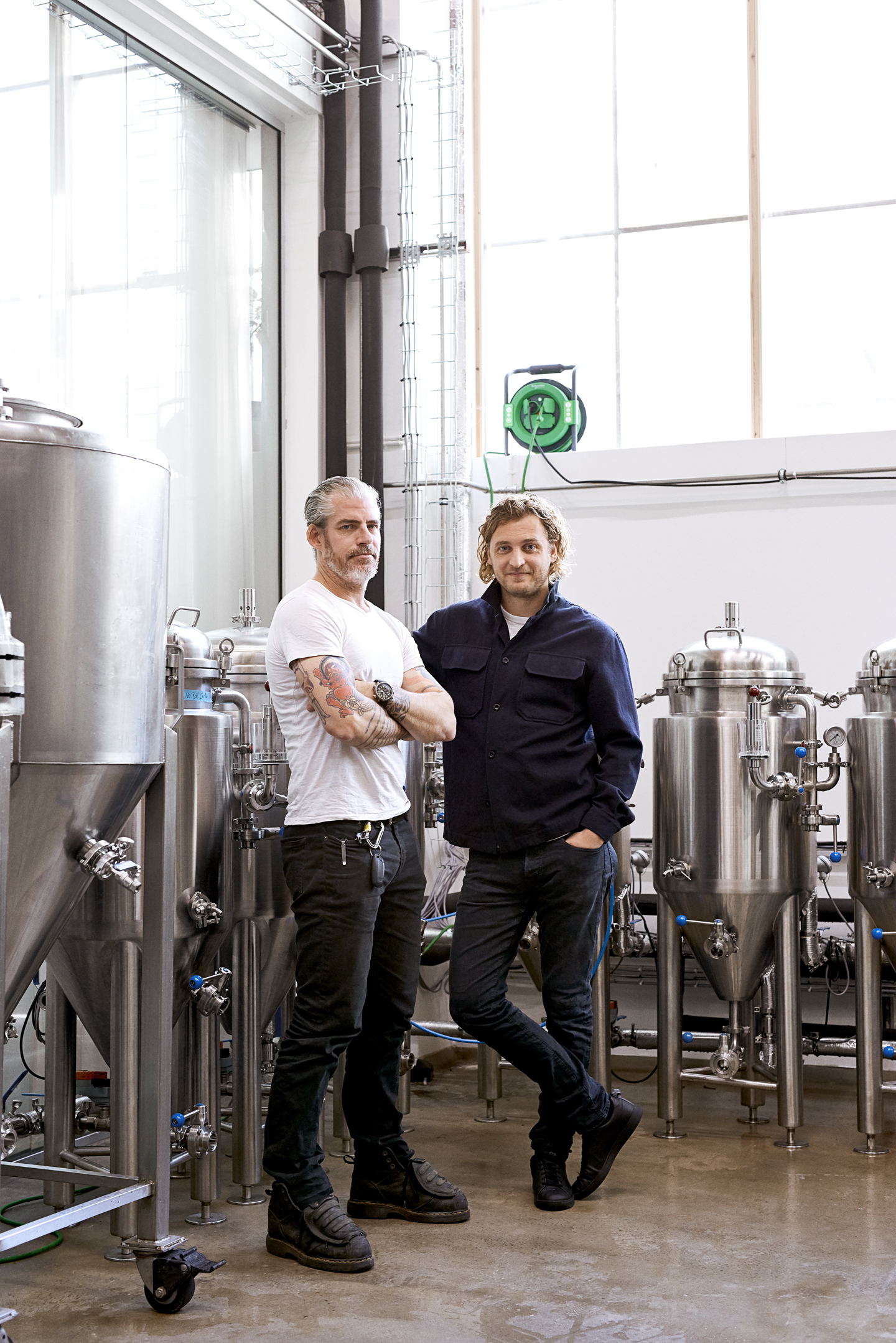Spirit Producing Pioneer Empirical Debuts SOKA, Distilled From American Sorghum
A deliciously flavorful new liquid that defies categorization

Founded in 2017 (but only available in the US circa 2019), Copenhagen-based alcohol innovation and “flavor company” Empirical is on a quest to contribute extraordinary experiments to a liquor market that often bows to tired trends. As such, releases by the pioneering brand tend to be a breath of fresh air or (in a more literal senses) with the release of SOKA, their new spirit distilled from American sorghum cane juice and syrup, a smooth sip that defies categorization. Lars Williams and Mark Emil Hermansen, Empirical’s founders (alums of the influential and acclaimed noma restaurant and Nordic Food Lab) use flavor as a guiding principle in spirit development. With SOKA, they’ve produced a liquid that’s fresh and creamy enough to love without knowing more, yet nuanced to the point that understanding what goes into it only enhances the entire experience.

“It’s made from a crop you’ve never heard of, distilled in a place you’ve never been,” Hermansen says with a laugh, as we sip SOKA together at Dear Irving on Hudson. He adds that, “Although this is all from American crops, the idea started in Copenhagen one day when a farmer walked in with sorghum. It’s an ancient crop that’s followed humankind wherever we went. It’s available in so many places, and today many farmers use it to regenerate soil.”
To achieve this particular flavor, the duo ventured across America to find the best source of sorghum for their vision. “We distill two different types. First, there’s a fermentation and distillation of the fresh sorghum juice, which we get out of the cane,” Williams explains. “It comes from a partner that we have an hour north of Milwaukee, this very amazing couple named Rich and Brenda. Rich is a like Mad Max engineer. He designed and cast crushing wheels that are powered by the engine of a cement mixer. He’s juicing in the field as he’s cutting the stalk. Also, his wife has ‘sorghum’ as her license plate.” Empirical is able to ferment an hour after that sorghum juice comes from the field, which is important to capture the delicate flavors they’re seeking. In many ways, this part of the process is inspired by Agricola rum production.

“The other part of it is syrup that we get from Kentucky, from a Vietnam veteran named Danny Ray Townsend, the president of the National Sorghum Producers,” Williams continues. “He cuts cane then comes back the next day and juices it. The juice is quite a bit different. He makes a wonderful syrup, which we take. Our syrup distillation takes inspiration from the dunder pit process behind some Jamaican rums. We use the leftover juice from the first distillation as strike water for the syrup. We are leaning into the sorghum to emphasize it.” The Empirical team did a lot of legwork to find these partners.

As for how they found this particular two-step path for their spirit, Williams says, “We did a limited test run in Copenhagen so we knew the direction we wanted to take. We did 10 different fermentations with different yeasts to find one that balanced the flavor of the syrup. The dunder pit came on the fly. I fell in love with the juice and wanted to bring it back into the second distillation.”

Though there are nods to rum in the process and on the palate of the finished product and sorghum is a sweet cane crop, this really isn’t like any other spirit on the market. “We are trying to do something super-volatile [or, evaporative],” Williams says. “We call it a freeform category. It’s very versatile and very smooth. It also sits at a price point that’s more approachable for trade and consumers.”

On the nose, the liquid wafts up notes reminiscent of calvados (though, we imagine, many will have trouble placing it). “To me, it’s green apples and sorrel,” Williams adds. On the tongue, it’s something like a cousin to a vegetal, finessed rum. “We’re very proud of the terroir part of it,” Williams says, “and not having a botanical like we had with some of our other core products. We lean into the flavor of the landscape—this straw and cut grass.” It’s worth sharing the poetic description from Empirical’s tasting notes, purely for context: SOKA “captures the sense memory of walking through a fragrant field.”

Since its debut in June, SOKA has already received plenty of positive feedback from bartenders—because it can swap in for most spirits in classic cocktails. It’s really approachable, though, for anyone who might be intimidated by a spirit that can’t be categorized, Hermansen says, “It’s OK to like special and delicious things.”
As with other products in their portfolio, SOKA was a risk. “One of my best friends called me when I was in Milwaukee and he said to me, ‘Let me get this straight, you’re making a spirit that you’ve never made before on a machine you’ve never used before with a crop that most people haven’t heard of.’ We tend to walk the line between impossible and possible. That’s a good place for us to be.” And once again, it worked.
Images courtesy of Empirical












